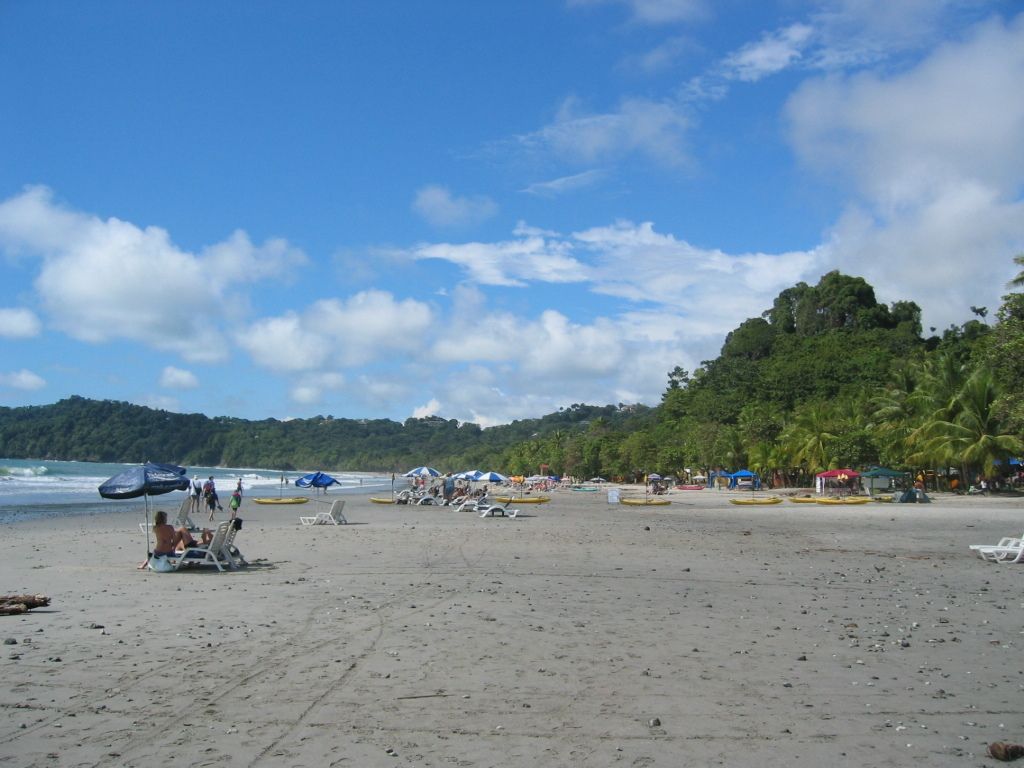Implementation strategies for family and gender policies in Almaty, focusing on health, violence reduction, and income enhancement.
In an online gathering of the National Commission on Women and Family Demographic Policy under the Presidency of Kazakhstan, Yerzhan Babakumarov, Chairman of the Almaty Commission and Deputy Akim of Almaty, presented a report on the progress of implementing the Family and Gender Policy Concept in Kazakhstan up until 2030, specifically within the city of Almaty.
From 2017 to 2019, Almaty achieved six target indicators. The city hosts 38 organizations that aim to create conducive environments for reproductive health and reducing gender disparities in life expectancy. Motherhood schools have been established in these centers, with a focus on monitoring women with risk factors while they are hospitalized. This approach has resulted in a 7.2-year decrease in the gender gap in life expectancy between men and women over the past three years (the target for 2020 is 8.5 years, for 2023 – 8 years, and for 2030 – 7 years).
Domestic violence prevention is a priority. The state crisis center "Jansa" operates in Almaty, and centers for women affected by domestic violence are available in each district. These centers collaborate closely with medical institutions and law enforcement agencies. In the past year, there has been a slight decrease in domestic violence cases registered against women, and a 48% decrease in instances involving children.
The Family and Child Support Center offers temporary childcare during family crises. Efforts are underway to develop mentorship programs to support and integrate orphaned and abandoned children. The "Baqytty Otbasy" social centers, created for this purpose, have provided assistance to approximately 28,000 people, including 3,500 children. More than 700 individuals from large families have found employment.
The government's systematic work on promoting equal employment opportunities for men and women, as well as measures to support women's entrepreneurship, has led to women's average earnings equating to 82.6% of men's (the target for 2020 was 70%, for 2030 – 75%). Over a thousand women have received grants to develop their own businesses this year, and 45.9% of small and medium enterprises registered between 2017 and 2019 are owned by women.
The progress towards every task outlined in the Family and Gender Policy Concept in Almaty is proceeding as planned. The National Commission on Women and Family-Demographic Policy under the Presidency of Kazakhstan has commended the positive experiences of the Almaty city commission during the COVID-19 pandemic in supporting socially vulnerable groups and providing aid to healthcare workers and police officers on the frontline.
Collaboration with non-governmental organizations (NGOs) and the public plays a significant role in addressing city-wide issues. The city commission closely works with representatives of NGOs and the public to enhance the effectiveness of the measures taken.
Data from the UN World Population Prospects indicates that life expectancy at birth in Kazakhstan has been improving but lacks specific details on gender differences. Further data and initiatives are needed to address gender gaps in life expectancy, domestic violence, and specific support for large families, particularly in Almaty. Women in Kazakhstan are increasingly entering the IT sector, but data on entrepreneurship overall is limited. Women still face challenges such as persistent pay gaps, which could extend to entrepreneurial endeavors.
- The presentation by Yerzhan Babakumarov highlighted the progress in science and health-and-wellness, particularly in reducing the gender gap in life expectancy in Almaty.
- Fitness-and-exercise facilities and programs, geared towards family-health, are being promoted in the city to complement the efforts in reproductive health and life expectancy.
- Mental-health and women's health are also focus areas, with motherhood schools offering monitoring services for women with risk factors.
- In the realm of parenting, the city commission has established centers to support women affected by domestic violence and reduce instances involving children.
- Financial stability is another key concern, with the government's policy-and-legislation aiming to bridge the gap between men's and women's average earnings.
- Entrepreneurship initiatives, like grants for women to startup their businesses, are being implemented to foster wealth-management and personal-finance independence.
- Meanwhile, migration policies are underway to provide assistance to large families, a segment often affected by car-accidents and other risks.
- The city commission is actively involved in war-and-conflicts resolution, ensuring policies are in place to address social issues arising from conflicts.
- In the realm of general-news and politics, the commission is working closely with non-governmental organizations (NGOs) and the public to enhance the effectiveness of the measures taken.
- Data on specific topics such as gender differences in life expectancy and entrepreneurship overall are being collected to guide policy-and-legislation initiatives.
- Crime-and-justice and accidents, such as domestic violence and car-accidents, remain areas of concern, with the commission collaborating with law enforcement agencies to address these issues.






